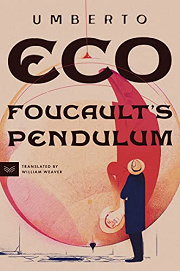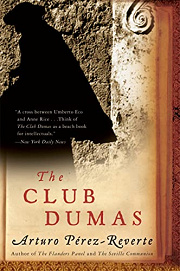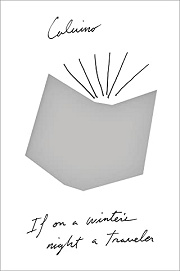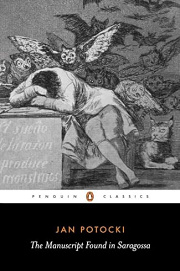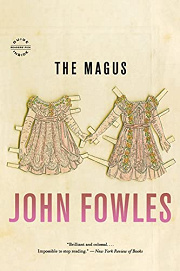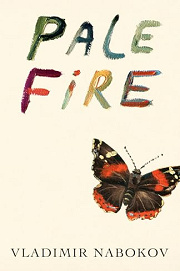Share your thoughts in a quick Shelf Talk!
Foucault's Pendulum by Umberto Eco
A trio of scholars concocts a grand, imaginary conspiracy—only to watch the pattern begin to take on a life of its own. Foucault’s Pendulum is a heady, page-turning labyrinth of secret societies, coded histories, and the slippery seduction of meaning where there may be none.
Have you read this book? Share what you liked (or didn’t), and we’ll use your answers to recommend your next favorite read!
Love Foucault's Pendulum but not sure what to read next?
These picks are popular with readers who enjoyed this book. Complete a quick Shelf Talk to get recommendations made just for you! Warning: possible spoilers for Foucault's Pendulum below.
In Foucault's Pendulum, did you enjoy ...
... an occult-literary conspiracy stitched from rare books, forged texts, and obsessive bibliophiles?
The Club Dumas by Arturo Pérez-Reverte
If the way Casaubon, Belbo, and Diotallevi spin "The Plan" from Templar scraps and printer’s ephemera hooked you, you’ll love how Lucas Corso chases a satanic grimoire across Europe, piecing together clues from marginalia, watermarks, and shady collectors. Where Belbo feeds Abulafia to connect dots, Corso uses his wits (and a few dangerous acquaintances) to test whether a 17th-century text can literally summon the Devil. It’s that same intoxicating blend of archival sleuthing, occult rumor, and the realization that the story you construct might be shaping the world around you.
... playful, self-aware storytelling about building meaning from fragments?
If on a winter's night a traveler by Italo Calvino
Did you savor how Foucault’s Pendulum turns editing, footnotes, and cross-references into an adventure—from Garamond Press’s slush pile to Belbo’s files on Abulafia? Calvino makes you the reader-detective, dropping you into ten irresistible first chapters that you must stitch together, much as Casaubon and Belbo assemble their grand narrative from scraps. The same sly wit and metafictional wink—that sense that the act of reading and arranging texts is itself the real plot—powers every page.
... stories-within-stories that spiral into esoteric riddles and secret societies?
The Manuscript Found in Saragossa by Jan Potocki
If the nested inventions of "The Plan" and the way Agliè nudges the trio deeper into self-made myth delighted you, Potocki’s labyrinth of linked tales will feel like coming home. An officer stumbles into dueling cabals, cabalistic puzzles, and seductive specters, each tale birthing another until the whole becomes a grand hidden design—much like how Belbo’s files weave Templars, Rosicrucians, and Jesuits into a single net. It’s the same vertigo of recursion and the thrill of discovering patterns—or inventing them.
... philosophical games of reality and manipulation that challenge perception and meaning?
The Magus by John Fowles
If Belbo’s intellectual seductions and the pendulum’s final existential chill gripped you, The Magus offers a similarly heady ordeal. Nicholas Urfe is drawn into psychological theater by the enigmatic Conchis, whose staged "truths" mirror the way Eco’s trio blur play and reality. As in the Templar riddle, every answer births another mask, pushing you to question authorship, responsibility, and the ethics of making meaning—themes that haunt Belbo’s tapes and Casaubon’s complicity.
... layered annotations and invented histories that turn a text into a labyrinth?
Pale Fire by Vladimir Nabokov
If you were enthralled by how Foucault’s Pendulum hides story inside files, commentaries, and cross-references—from Belbo’s recordings to Casaubon’s reconstructions—Nabokov’s poem-with-commentary will mesmerize you. Charles Kinbote’s notes inflate footnotes into a parallel saga of exiled kings and conspirators, echoing how "The Plan" metastasizes from editorial play into peril. It’s the same multilayered, ouroboric structure where interpretation doesn’t just explain the text—it hijacks it.
Unlock your personalized book recommendations! Just take a quick Shelf Talk for Foucault's Pendulum by Umberto Eco. It’s only a few questions and takes less than a minute.
